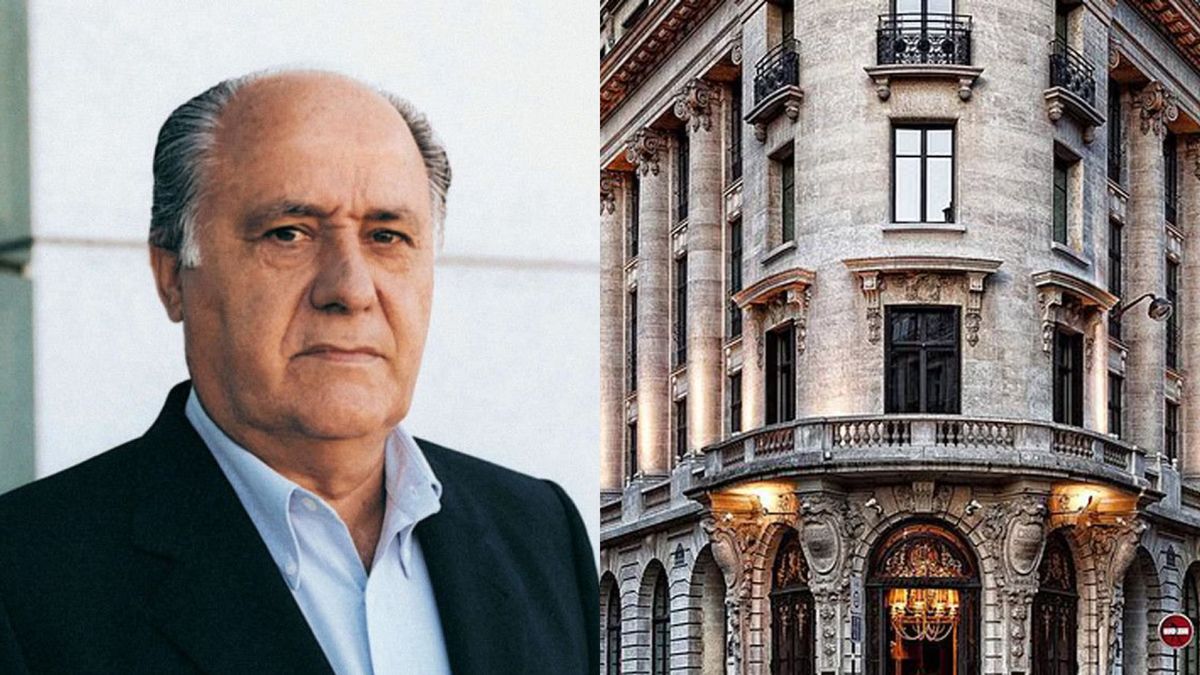IG Metall repositioned itself at its union conference. Even with Christiane Benner as the first woman at the top, the union is confident and combative.
IG Metall is starting a new leadership team to prevent what it sees as the threat of deindustrialization in Germany. At the end of the five-day trade union conference in Frankfurt, the new second chairman Jürgen Kerner reiterated on Thursday that the unique industrial value networks must be preserved. He expressly agreed to the industrial strategy presented this week by Economics Minister Robert Habeck (Greens).
Kerner regretted that there was still no clear decision in the traffic light coalition for the bridge electricity price advocated by Habeck for particularly energy-intensive industrial companies. During his visit, Chancellor Olaf Scholz (SPD) avoided making a clear commitment on this issue despite numerous requests. The head of government referred to a combination of many individual measures and an effective “transitional regime” that would take effect.
Scholz made promises to IG Metall about more trade union rights for digital access to employees in the company. Loopholes that have previously allowed companies to escape co-determination would also have to be closed.
Rejection of the social partner model
The most important result of the congress is the election of the new board with the first chairwoman Christiane Benner. The 55-year-old sociologist was the first woman to run for the top office and achieved one of the best results in the union’s history with 96.4 percent approval. Its most important goal is to stop the creeping deindustrialization of Germany. The transformation to a green industry offers sufficient opportunities and jobs.
Her deputy, Jürgen Kerner, reiterated: “State funding may only be given to companies that are bound by collective agreements, firmly promise location guarantees and guarantee added value in Germany.”
In the medium term, IG Metall wants to implement the 32-hour week beyond the steel industry. In terms of social policy, Germany’s largest union fundamentally sticks to the statutory pension system. The delegates clearly rejected company pensions without guaranteed payouts, as would be made possible in the so-called social partner model in the coalition agreement.
Source: Stern




